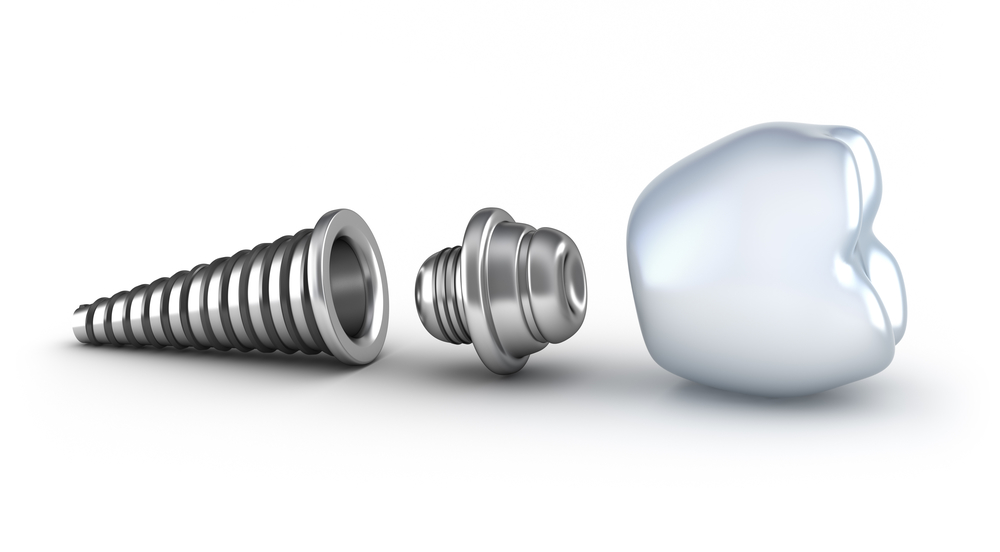Our professionals at Cora Refining explain the facts on using lab screws vs. gold screws. We’ve been providing exceptional dental refining services for dental labs across the country for over 29 years. Quality control, along with providing the most accurate pricing for your dental scraps, is part of what makes us one of the best dental refining companies.
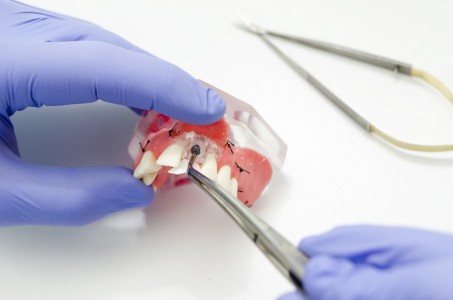
As a leader in the industry, we stay current with the latest trends, as well as help to solve dental lab industry debates. Here you can find our findings regarding the difference between using lab screws vs. gold screws in your mouth.
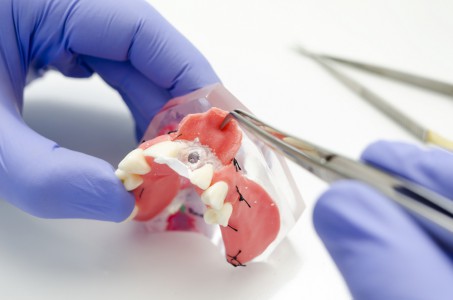
When a doctor uses lab screws when placing an implant in a patients mouth as opposed to the gold screws, what is a lab technician to do? In the end, as a lab technician you provide the product and the dentist installs it, but where do the facts stand on this practice?
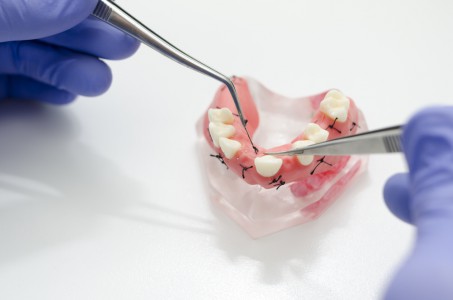
Although the gold screws are supposed to be used, are there any real benefits or dangers associated with using the lab screws instead? In this blog post we discuss this instance of inserting of lab screws in place of gold screws: the facts and whether there are any potential hazards.
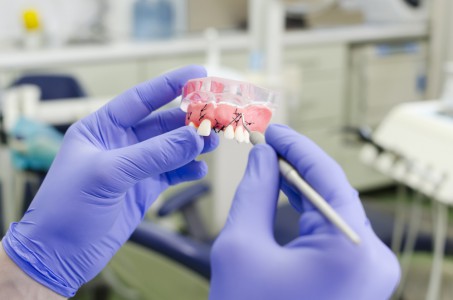
Facts About Gold Screws
- Gold screws adapt over time to the natural shape and movement within the patient’s mouth as gold is a strong yet malleable metal. This means that it will be less likely to break as it will change its shape slightly as opposed to it simply breaking or breaking the implant upon excessive pressure.
- The malleability of the gold also serves to adhere the screw more firmly into the implant. This occurs as the gold stretches with wear and then contracts again, attaching itself more completely within the threads of the implant.
Facts About Lab Screws
- Lab screws in comparison to the appropriate gold screws are much stronger. Therefore if excessive force is placed on the bridge the bridge itself is more likely to break and the screws will likely remain intact.
- Using lab screws to adhere an implant, since it is not the recommended method, may invalidate the warranty on the bridge or whatever form of implant is being placed.
The Verdict is in for Gold vs. Lab Screws
Is it dangerous or hazardous for a dentist to fix abutments with the lab screws as opposed to the gold screws? Not necessarily. Some might think using the lab screws would create an inferior job– but the opposite is true. By using the lab screws the bridge or implant will be too strongly fixed to the mouth. This can result in the implant itself breaking overtime. Gold screws protect the implant itself, as the gold screws are made to fail if excess force is placed on them, instead of the implant breaking.
Overall, it is best to use the appropriate gold screws when placing an abutment in a patient’s mouth.
Contact Cora Refining to make extra cash by selling your unwanted dental materials. Utilizing the industry’s most accurate methods in dental scrap refining, you are sure to get the best return for your dental scraps when youTo learn more about our refining methods, click here.

